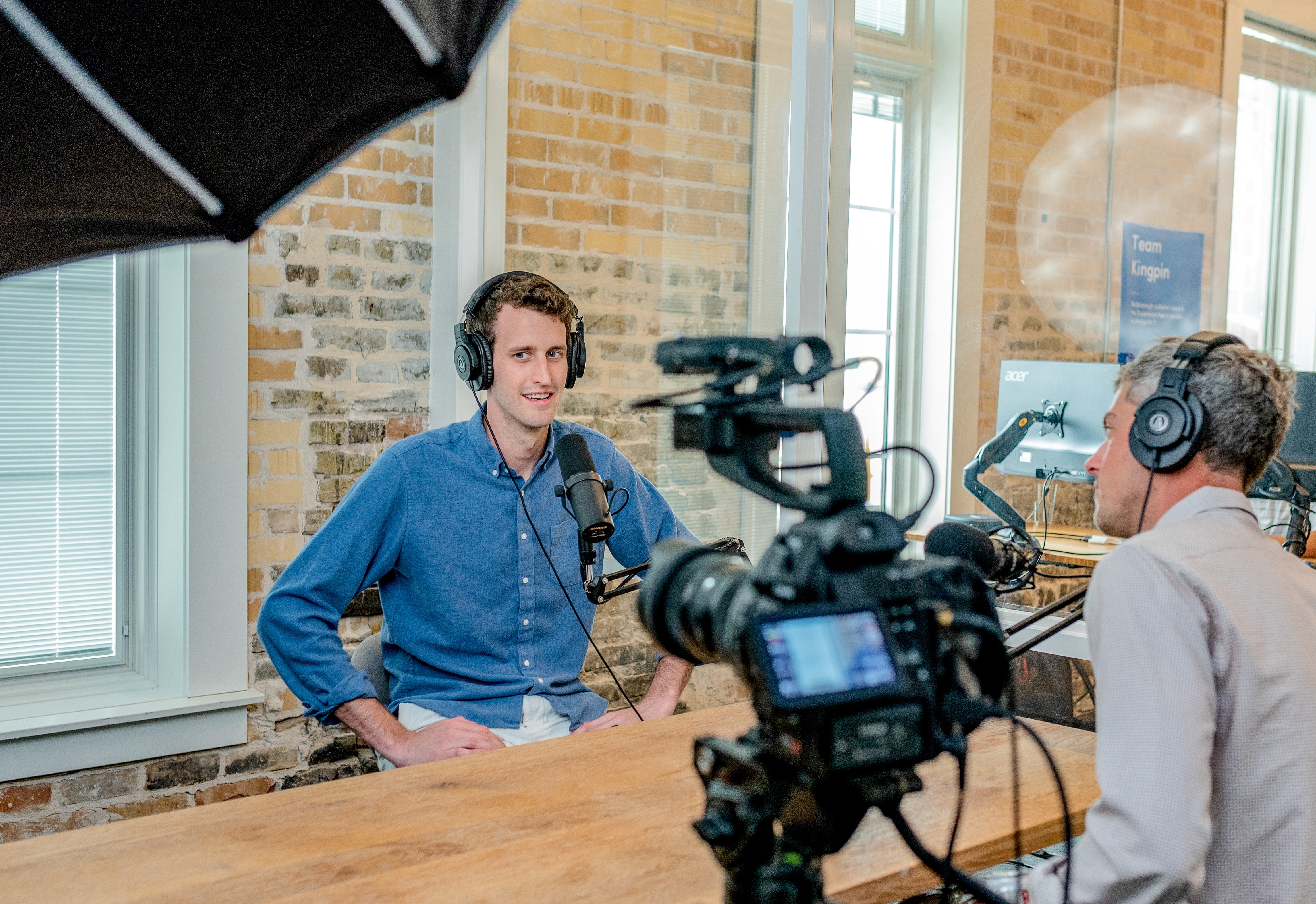The value of podcasts to newspapers and broadcasters

A new Journalist Fellow paper looks at how news outlets across the world have harnessed the growing popularity of podcasts. Aura Lindeberg, a Finnish Journalist Fellow from October 2018 to June 2019, looked at newspapers and broadcasters in Sweden, the UK, Germany and Australia, interviewing key personnel on the challenges they have faced in almost two decades of creating podcasts.
She notes in her paper, 'So you have a podcast?', that the early 2000s brought technology which led to many broadcasters simply putting FM radio content online. Newspapers meanwhile, without the technological resources or content, had to craft something new. Lindeberg writes a second wave of podcasting, with major investment in audio content distinct from radio, followed the 2014 success of true crime series Serial. Often the drive to publish podcasts came from less senior staff “as experiments or pet projects” and without a clear strategy, perhaps reflective of the organic appeal of podcasts.
The paper reports that podcast listeners are far younger than each outlet’s traditional viewers or readers with broadcasters actively seeking this new audience, and newspapers seeing podcasts as an extension of their brand and another tool to get their content out. All eight outlets studied publish a news explainer podcast – a daily 20-30 minute podcast often going in depth on a particular topic. True crime and other podcasts with a long or limitless shelf life are also amongst the most popular forms of podcasts. Lindeberg also found that with few exceptions each country’s top podcasts are native to that country.
Some broadcasters find there are limited resources to fulfil all the best podcast ideas at the speed required and to market those that come to fruition. Some also say that they should be careful not to expend time and energy creating podcasts at the expense of broadcasting. Newspapers meanwhile find that traditional newsroom skills are not suited to audio, and also that an audience for such content is not necessarily guaranteed.
“We've got to have an in-house team that is disrupting the traditional radio model. That's everything from work flows through to the creation of content through to being innovative on the way we deliver it, because if we didn't do that, we were just kind of going to be irrelevant in 20 or 30 years’ time” - Kellie Riordan, Australian Broadcasting Corporation
A key barrier to further financial success for podcasts, Lindeberg believes, is the patchy measurement data provided by the major platforms. She writes: “Metrics and data that work are an absolute requirement for the podcasting industry to proceed to the next level of business.” However, podcast success for many news outlets goes beyond basic listener metrics. Some see success as creating something that's high quality, that’s true to the brand, and as a means for introducing cultural and technological change across their newsrooms.
The future of podcasting, Lindeberg believes, centres around several key areas: whether people will pay for podcasts, where they are now mostly free, through platforms like Luminary; if BBC Sounds and Spotify’s model of offering music and podcasts in a single space is attractive for listeners; and whether the interest in podcasts is actually indicative of a greater interest in audio in general and the possibilities that this could open up for news outlets.
Through her research, Lindeberg identifies five recommendations for how to make the most of the podcasting revolution:
- Create a team dedicated to podcasting – find passionate people and give them adequate time and resources
- Use metrics that matter – identify what measurement is important to you
- Be wise about your budget – high quality podcasts can be costly and labour intensive so consider how other content can be worked into an audio format, rather than always creating something from scratch
- Have a platform strategy – partnerships with platforms can enable greater reach
- Think about a revenue model – podcasting will need a sustainable revenue model in order to grow so have a plan and work towards it



